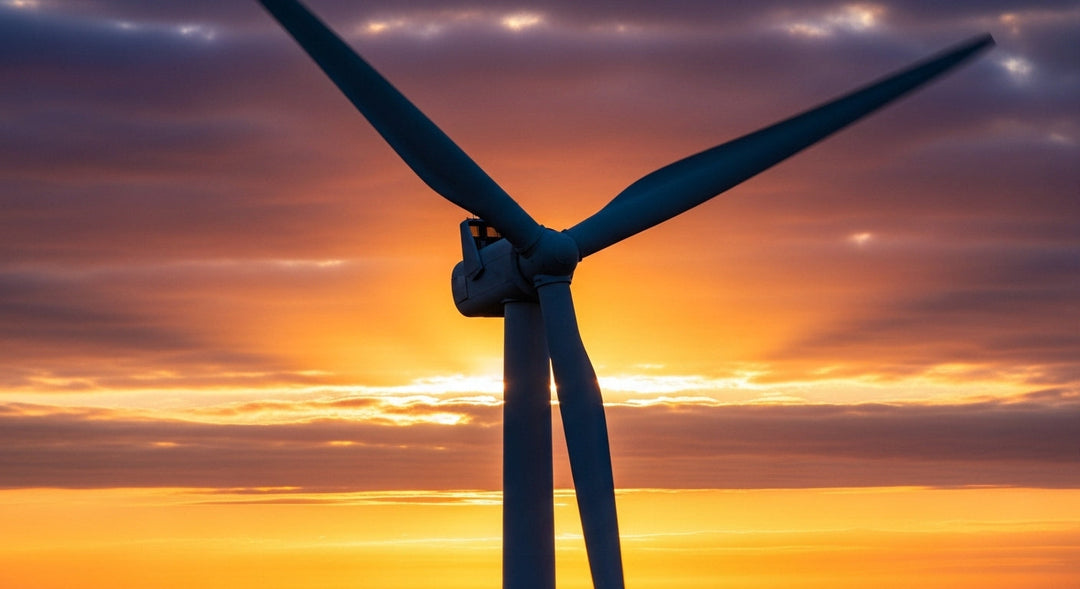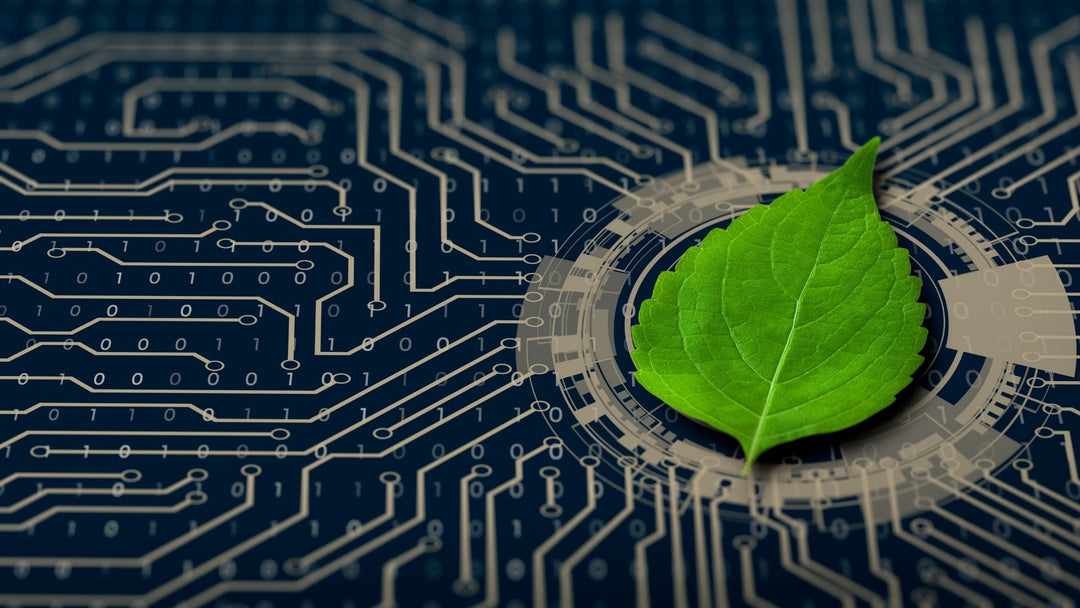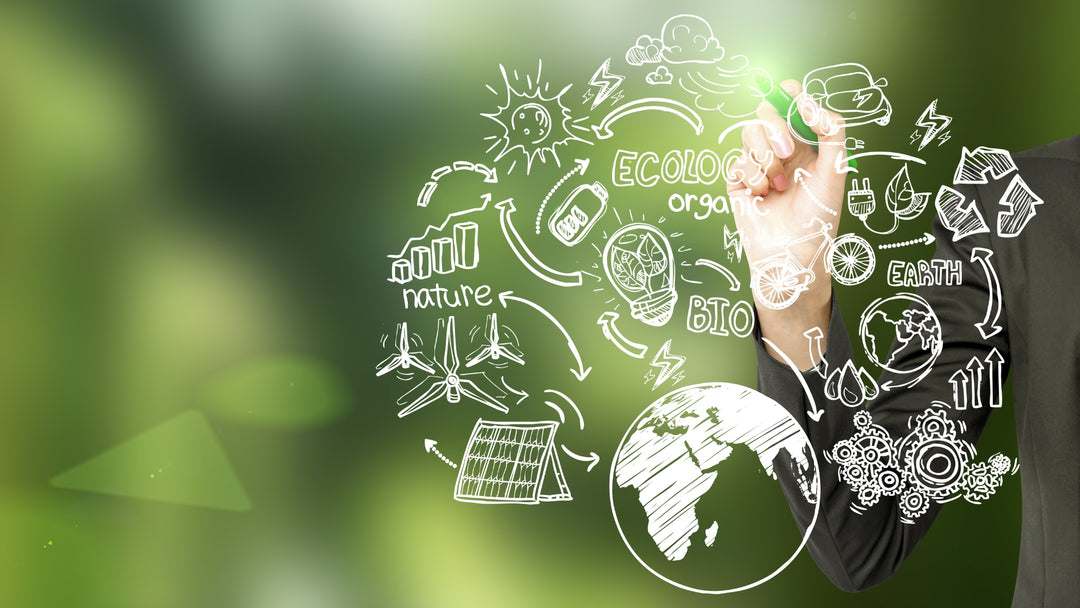Water Management in Latin America: The Role of Cleantech Solutions

Even with 97% of Latin America's population able to access its water resources, achieving potable quality and consistent supply is still a formidable challenge, especially as the population is forecasted to reach 717 million by 2030. The call for innovative cleantech solutions in water treatment and management is urgent and a gateway to sustainable regional advancement.
Onsite Hydroelectric Solutions for Clean Energy and Water Management
Exploiting the vast hydropower potential of Latin America promises to provide clean energy and contribute to better water management. Onsite hydro systems—such as small-scale hydropower plants built on rivers and canals without significant ecological disruptions—offer dual benefits. They generate renewable energy and facilitate water storage and controlled release for agricultural and municipal use, helping buffer communities against droughts and floods.
One startup we like is Emrgy. Emrgy’s hydrokinetic technology transforms clean energy production without traditional dams. Generating 5 to 25 kilowatts per turbine, this innovative approach harnesses flowing water’s energy, delivering reliable, cost-effective power while repurposing water channels for clean energy.
Desalination Technologies: Turning Abundant Seawater into a Resource
Desalination provides an answer to coastal regions afflicted by freshwater scarcity. Technological advancements have led to more energy-efficient desalination processes, such as reverse osmosis powered by renewable energy sources. Deploying such cleantech solutions can transform seawater into a reliable water supply for drinking, agriculture, and industrial purposes, alleviating pressure on overexploited aquifers and freshwater ecosystems.
Advanced Water Treatment Systems and Bioremediation
Advanced treatment systems play a critical role when it comes to water quality. For example, membrane bioreactors (MBRs) merge membrane filtration with biological treatment, removing pathogens and pollutants more effectively than conventional methods. Similarly, bioremediation uses natural organisms to break down contaminants in situ, offering a sustainable option for purifying water. These technologies are especially pertinent for agro-industrial regions, minimizing the impact of effluents on freshwater resources.
EcoCircuito, a Brazilian waste management startup, has developed an innovative solution to transform food waste into water. Primarily targeting industrial campuses, hospitals, hotels, and universities, their technology significantly reduces landfill waste. By focusing on these large-scale food waste producers, EcoCircuito spearheads sustainability in Brazil's food industry, contributing to a greener future by tackling one of the most pressing environmental issues.
Electrocoagulation and Photocatalytic Treatment for Industrial Wastewater
For industrial applications such as mining, electrocoagulation presents a robust treatment option, using electrical currents to remove contaminants, heavy metals, and suspended solids from water. Additionally, photocatalytic treatment processes harness the power of ultraviolet light in the presence of a photocatalyst, such as titanium dioxide, to break down complex pollutants into harmless compounds—a promising advancement against pesticide runoff.
Smart Water Grids and IoT for Efficient Use and Distribution
Integrating smart water grids and the Internet of Things (IoT) into water infrastructure allows for real-time monitoring and data-driven management. Sensors can detect leaks, predict demand, and optimize distribution networks. These advancements conserve water and ensure that it reaches the end-users most efficiently.
Cleantech Innovations for Sustainable Water Treatment
The urgent need for sustainable water treatment and management amid a growing population underscores the vast potential for cleantech advancements. The market is ripe for disruptive solutions, from hydrokinetic technologies and desalination to smart water grids. Investors have a unique chance to contribute significantly to environmental sustainability while capitalizing on groundbreaking technologies that promise ecological and economic benefits.








